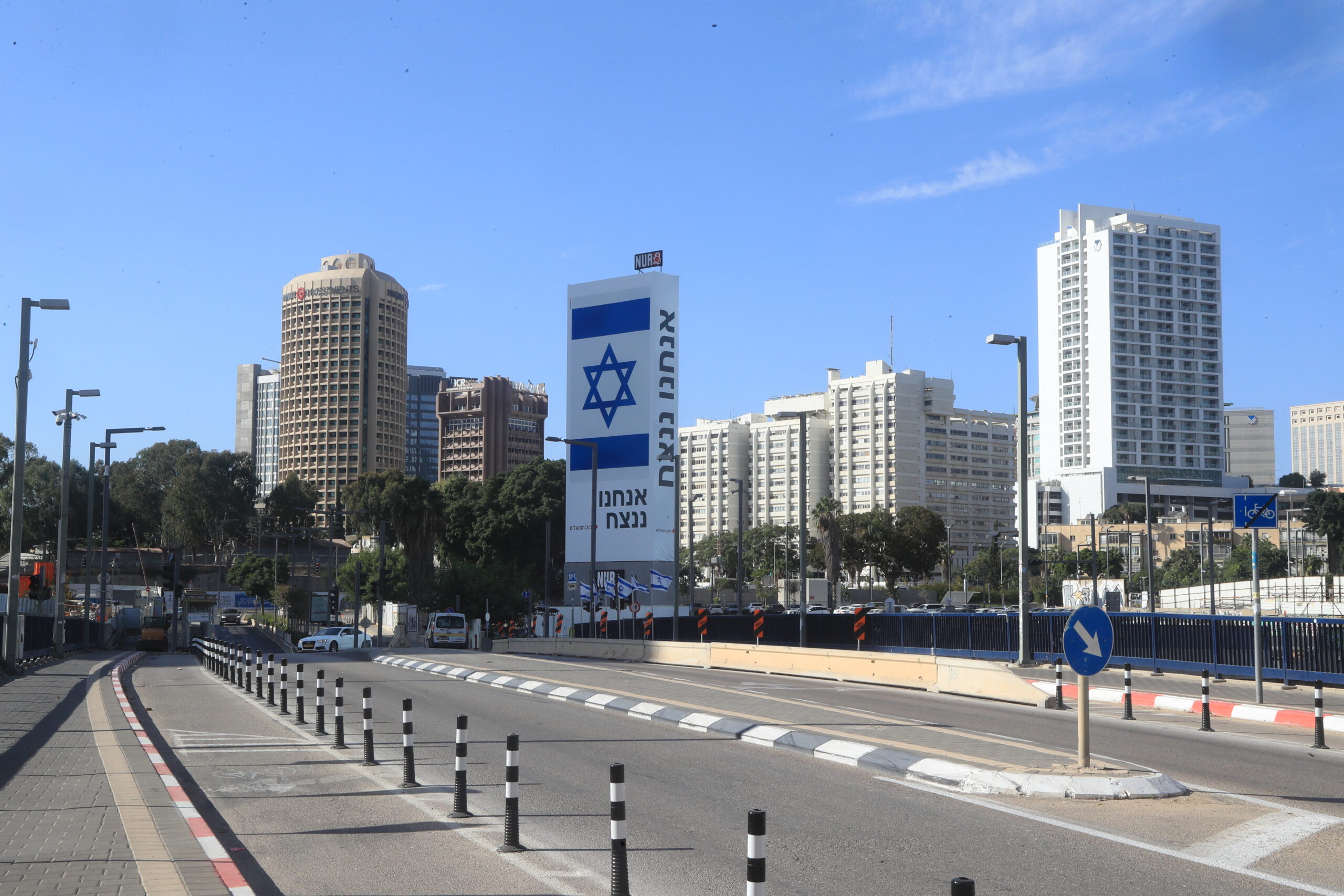
Israel

Israel property buoyant in spite of war
The demand for property from people arriving in Israel has never been greater, said Marc Reiss, who heads up private and international banking activities in Israel, during a recent talk on the Israeli real estate market and economy.
“It’s incredible at this period of time [in the midst of war],” Reiss said in Sandton on 8 April.
One reason for the huge demand in spite of the Israel-Hamas war is, Reiss says, “what’s happening in the United Kingdom. You’ll be familiar with the hundreds of thousands of people on the streets of London every single Saturday and Sunday, making it a no-go area for Jews.
“In New York, interest in Yeshiva University has spiked to 400% this year. Why? People are feeling intimidated to go to major universities in New York.”
Reiss said that until three years ago, with the strong shekel, “People were coming to Israel because they wanted opportunity. Israel is a growing country. Antisemitism has helped people make the decision. But many people are coming to Israel now because they want a better standard of living than they feel they can get in Europe. It probably is one with the other.”
Selwyn Hare, an owner of and broker in Home in Israel, said the average sales of property in Israel had gone up 6% from 1 January 2023 to 1 January 2024. He said the building index in Israel would affect only the price of the building of the apartment, not the land. “Through the building index, you’ll be affected to only 60% of the value of your property, which brings the cost down. In the meantime, the building index has also plateaued.”
There are many critical pieces of information people need to know before they move to Israel or buy property, Reiss said, “so it makes a big difference to know what you need to do to transfer money to Israel.
“It’s not because it’s in Israel,” he says, “because all banks are the same globally – you need to be able to show where the money comes from as well as the contract and proof that taxes have been paid. This is the world standard, and Israeli banks are no different.”
There’s no doubt that people are feeling troubling times, Reiss said, but “at the same time, there’s a tremendous inspiration from Israel too. It’s our kids and all our kids’ friends who are defending us while we sleep.”
And no matter how down people are, he said, the shekel is strengthening. “On 10 October, the dollar to the shekel was 4:1. Today, it’s about 3.70. It goes against all intuition,” Reiss said. “The shekel strengthened or re-strengthened against initial weakness against the dollar from 10 October.”
Reiss said that four weeks ago, Israel’s treasury achieved its aim of raising $8 billion, even though credit rating agencies Moody’s and Fitch Ratings brought down Israel’s rating about six weeks ago.
In what was Israel’s first dollar bond transaction in public markets since the war erupted with Hamas, the holy land sold $8 billion of international bonds, he said. This was its biggest sale of dollar notes on record.
The government reportedly issued $2 billion in notes due in five years; $3 billion maturing in 10 years; and $3 billion due in 30 years. The offering was said to reel in at least $34 billion worth of investor demand.
Reiss said this record sale was a good example of “the old adage, ‘If you believe in something, put your money where your mouth is.’ There were 400 investments in the bonds from 36 different countries. That says a lot more about what people think about Israel right now than the credit agencies.”
Reiss said he expected an excess of demand over supply for property as soon as “things start working themselves out and the war finishes, when about 300 000 soldiers come back into the workforce.
“Property prices remained rather flat in the past year, and we’ve experienced a lot of demand, irrespective of the way people are transferring money and what they need to do. People are looking to buy property in Israel because these prices will go up in a year or two, and there’s pent-up demand. There are a lot of people bringing money into Israel and a lot are putting it into property.”
Hare spoke about urban renewal options in Israel including a neighbourhood transaction which entails vacating existing residential areas to make room for the construction of extensive new buildings in the area. Existing tenants can exchange their old apartments for new ones in a modern neighbourhood with enhanced environmental infrastructure. “This project is going to take five years,” Hare said. “They knock down the neighbourhood, and then rebuild from scratch.”
Another option focuses on strengthening existing buildings. Hare said this approach is “basically mutton dressed up as lamb but remains mutton”.
“In the other option, they knock the building down and it’s rebuilt. The people who are moved out get apartments in that project, so everything is upgraded, and everybody is happy. The advantage for the developers is that they don’t have to buy the land, so they have no initial costs. They are in no rush; they don’t have to sell. These are the two types of developer we have – ones whose builders must build, and ones who aren’t in a rush. Developers like Africa Israel are the top developers in Israel doing different types of projects like this.”






